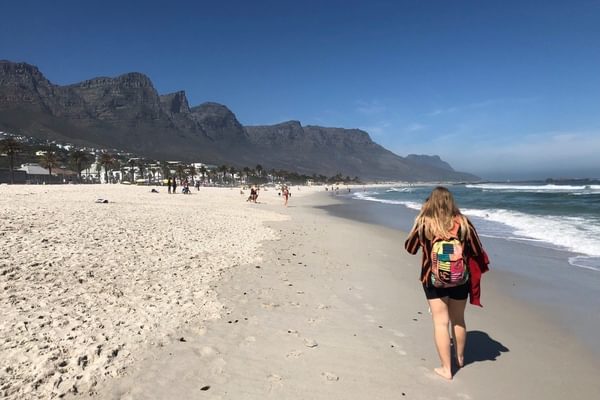Speak to a South Africa expert today
and start planning your tailor-made holiday

Alistair


Can't decide where to go? Why not take a look at our special offers for inspiration.
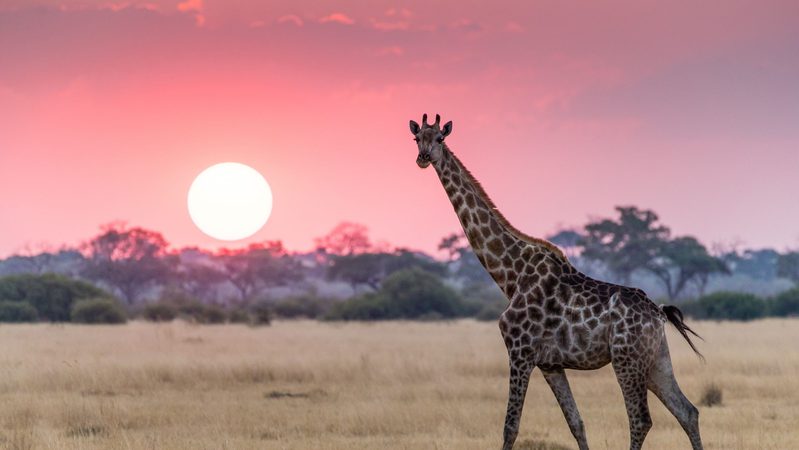
A diverse land brimming with superb safaris, pristine sandy beaches, towering snow-capped peaks and tropical underwater worlds is just waiting to welcome you

Australia offers vibrant cities, diverse landscapes, and iconic wonders like the Great Barrier Reef. New Zealand adds dramatic scenery, Maori culture, and relaxed charm. Together, they promise nature, adventure, culture, and warm hospitality.

If you're dreaming of an island getaway, look no further than the Caribbean with its gorgeous soft sand beaches and lively, diverse cultures.
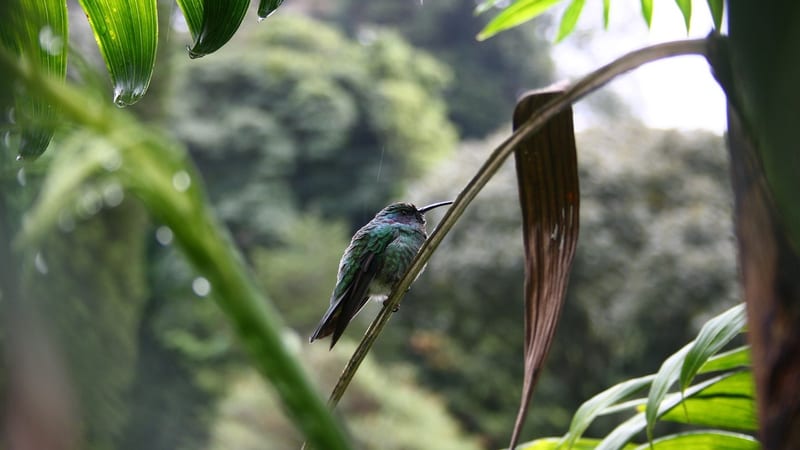
Head to the amazing destination that is Central America, full of the knowledge of ancient civilizations, incredible mountains, and beautiful beaches.

Discover vibrant cultures, pristine beaches, and tantalizing flavours in the captivating travel haven that is East and Southeast Asia

Embark on a journey through the vibrant tapestry of India, Sri Lanka, and Bhutan—where ancient temples, lush tea plantations, and soaring Himalayan peaks promise unforgettable moments at every turn.
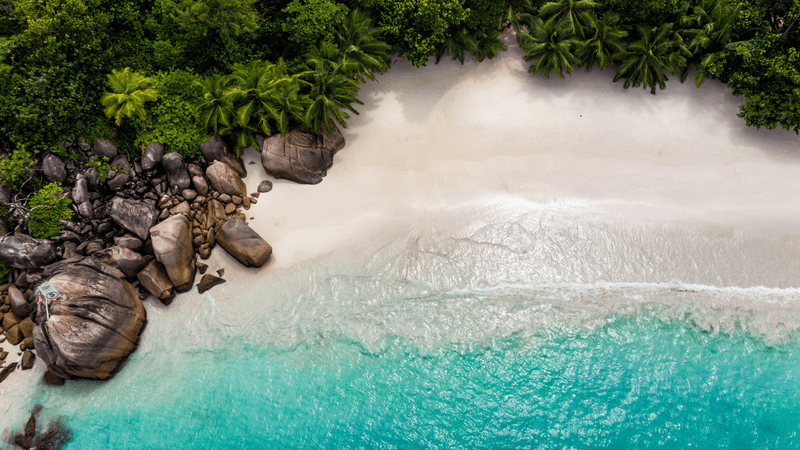
Picture yourself basking on sun-kissed beaches, sipping tropical cocktails beneath swaying palms —where crystal-clear lagoons and luxurious resorts cater to your every desire.

Experience world-class hospitality, mouthwatering cuisines, and the region’s deep-rooted cultural traditions for an unforgettable Middle East adventure.

Venture to the ends of the Earth and behold the icy majesty of polar landscapes. Discover pristine solitude, exhilarating expeditions, and breathtaking views that promise a memorable encounter with nature at its most dramatic
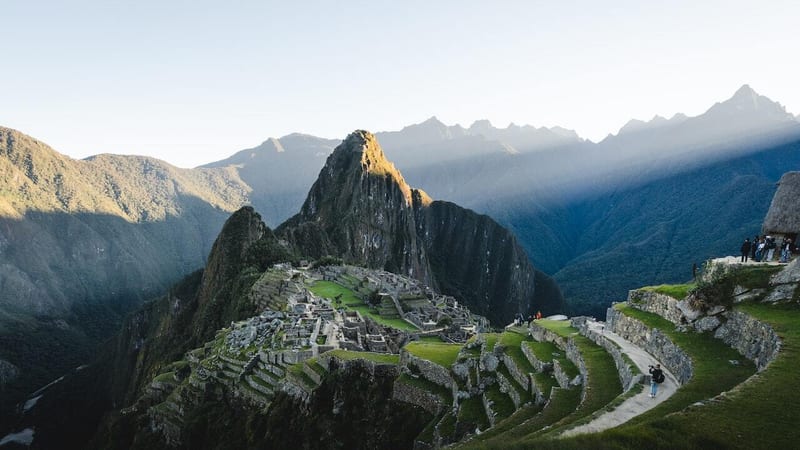
Journey into the heart of South America, where the rhythmic pulse of its vibrant cities meets the majesty of the Amazon rainforest and the timeless wonder of ancient civilizations.
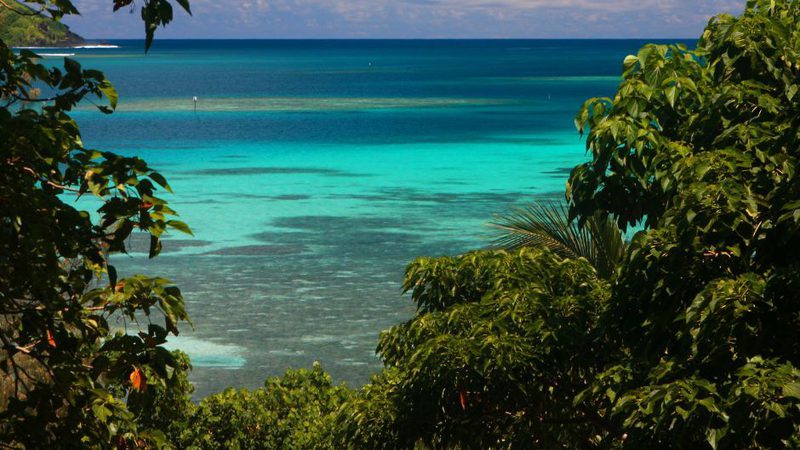
The South Pacific is a paradise of turquoise waters, white-sand beaches, and vibrant island cultures. From adventure and natural beauty to pure relaxation, each island offers its own unique charm and welcome.
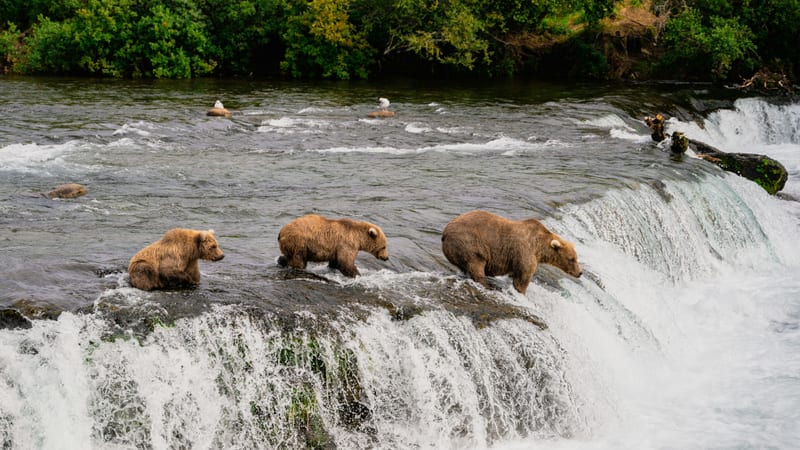
From the soaring plains of the Southwestern USA to the stunning landscapes of the expanses of Canada, visit some of the most impressive scenery in the world

If you are looking for a trip to knock iconic locations off your bucket list, check out our buck list recommendations
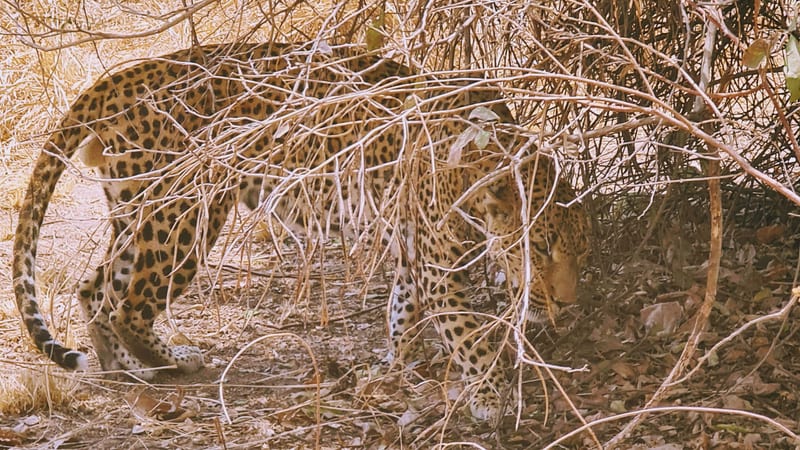
From the graceful stride of giraffes at sunrise to the echoing roars of lions beneath starlit skies, each of our safaris promises an unforgettable dance with nature.


Our family holidays are a perfect opportunity to create lasting memories, whether exploring new destinations or simply enjoying quality time together. From adventure-filled escapes to relaxing beach retreats, they offer a chance to reconnect and unwind away from daily routines.

Our luxury holidays offer the finest experiences, from exclusive resorts and private villas to tailor-made adventures with impeccable service.

For those seeking adventure beyond the usual tourist trails, our off-the-beaten-track trips take you to some of the world’s most remote and untouched destinations, where authentic cultural encounters and breathtaking landscapes await. Let us craft your unique journeys that few travellers ever experience.
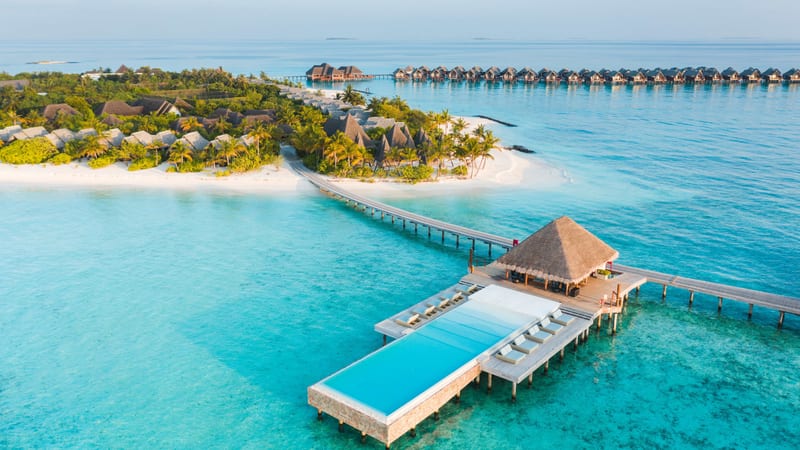
For the ultimate beach escape, we offer luxury holidays to some of the world’s most stunning coastal destinations, from the white-sand shores of Antigua to the turquoise waters of Zanzibar.

For those who crave excitement and exploration, our adventure holidays take you to some of the world’s most thrilling destinations, whether trekking through Patagonia, summiting Mount Kenya, or kayaking past icebergs in Antarctica.

Interested in something a bit more focused? How about a horse-riding holiday through Argentina? Or a photography safari? Look through our Special Interest holiday selection for inspiration

Our wildlife holidays invite you to step into unique ecosystems and experience amazing animal encounters. Whether spotting majestic tigers in the jungles of India or marvelling at polar bears in the Arctic, each trip promises awe-inspiring moments steeped in the magic of nature.

Our small group tours offer the perfect balance of expert-guided exploration and personal experience, taking you to incredible destinations with like-minded travellers. Whether it's a wildlife safari in Botswana, a cultural journey through Vietnam, or a chef-led expedition through India, our carefully curated itineraries ensure an intimate, enriching, and hassle-free experience.

Sustainability travel is at the core of what we do and a guiding principle in every choice we make as a business. Let us help you make sustainable travel choices
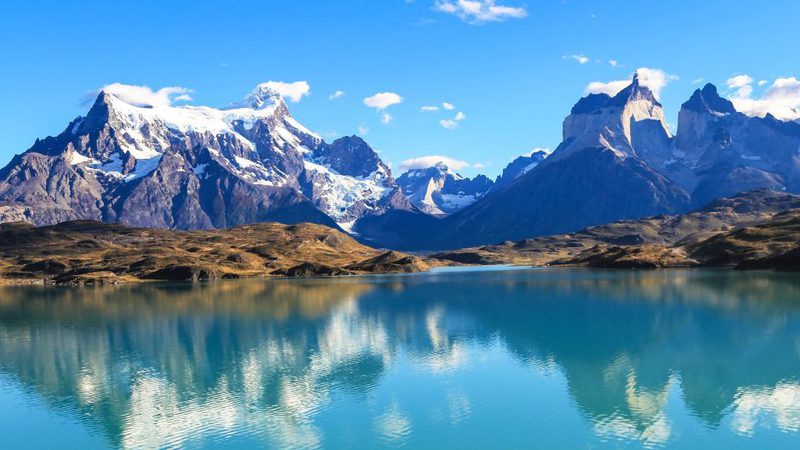
Read about what we do to make a difference

One of the most important parts of our commitment to responsible travel is protecting our clients, and it is a part that we take extremely seriously.
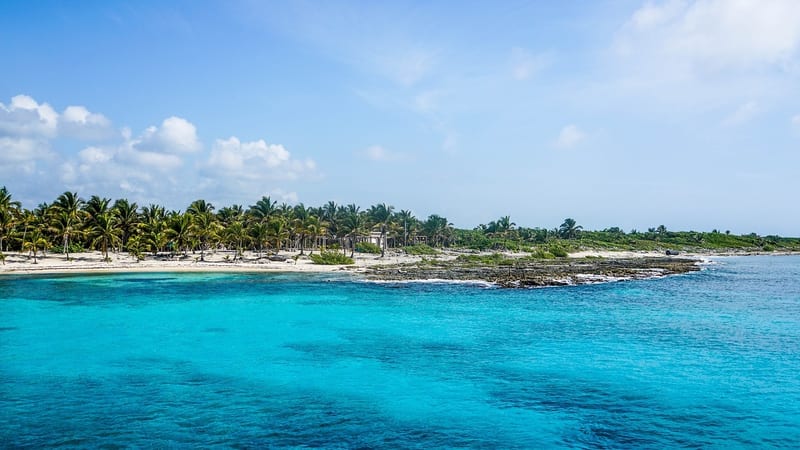
Not sure what's best for which time of year? Check out our expert-written guides

Looking for some expertise on your destination? Have a look through our selection of guides and articles written by our destination experts

Looking for more inspiration? Read from our range of hundreds of articles from our travel specialists, local guides, and personal travel tales.
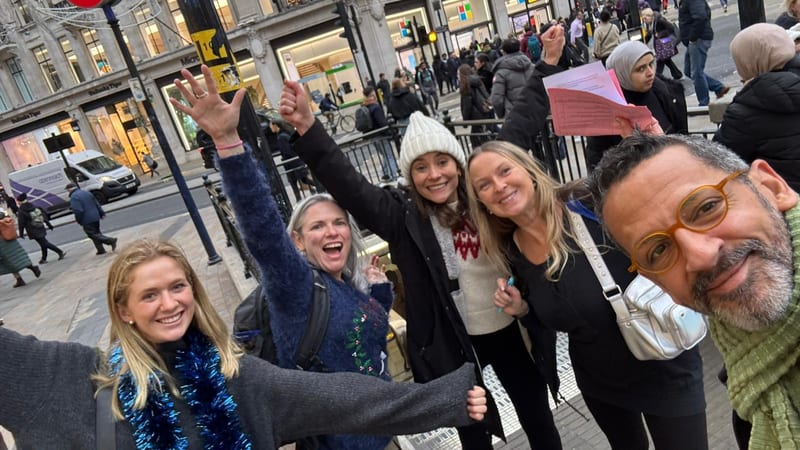
Our mission is to make every holiday special. We will do this whilst specifically aiming to minimise the environmental impact of our activity and maximise our opportunity to influence others to do the same.

Don’t worry if you’ve never heard of the Blyde River Canyon. I hadn’t either, despite it being the third largest in the world (after the Grand Canyon in the US and Fish River Canyon in Namibia). The Blyde River Canyon in South Africa’s eastern Mpumalanga Province isn’t far from Kruger National Park or Sabi Sand Game Reserve. So if you’re heading in that direction from Johannesburg, it would be easy to break the journey with a day admiring some of nature’s miracles at the canyon.

At nearly 50 kms long, the Blyde River Canyon is part of the northern Drakensberg escarpment [Drakensberg post], and takes its name from the Dutch word for ‘happy’ (blyde) thanks to the Voortrekkers (pioneers) who resided here in the 19th Century. It’s a pretty spectacular place so I think I’d be happy living there too.

The best way to see the sights is to spend a day driving along the panoramic route on the western rim of the canyon. So what shouldn’t you miss? Here’s what you’ll come across whilst travelling from the north to the south:
Three Rondavels
A ronadavel is a traditional African beehive hut, but the ones at the Blyde River Canyon are rather unusual. They’re made of rock! This was my favourite viewpoint over the canyon, overlooking the vast Blyderivierpoort Dam and the imposing cliffs of colourful rock, that look uncannily like rondavels. We went microlighting over here after our road trip (best scenic flight ever!), but that’s a story for another day.

This is understandably one of the most popular stops for tourists, so plan on arriving first thing in the morning or late afternoon if you want to avoid the crowds.

Lowveld View
A little further along the panoramic route from the Three Ronadavels is the sweeping Lowveld View. It plays second fiddle to the ronadvels but is a great place for a bit of a scramble and explore, and the colours in the landscape are really prominent here.

Bourkes Luck Potholes
This place is wonderfully bizarre, and a fascinating lesson in nature and what she can achieve. The deep and unusual potholes here are the result of years of erosion from water eddies where the Blyde and Treur Rivers converge.

The rich earthy colours come from soil in the water, and the name is thanks to gold digger Tom Burke who staked his claim not far from here. People often believe that by throwing coins into the potholes they will have good luck in the future. I don’t know if that’s true or not, but for anyone foolish or desperate enough, there must be a gold mine down there in those holes.

Lisbon Falls
Yes, these waterfalls do take their name from the Portuguese capital, thanks to the European miners, like Tom Burke, who came here in the late 1800s to hunt for gold. Just down the road you’ll find Berlin Falls too!
There are dozens of waterfalls around the Blyde River Canyon area, and it’s difficult to decide which to visit, but we reckon that Lisbon Falls are the most spectacular and least crowded of them all.

God’s Window
It’s often the most impressive sounding sights that are the most disappointing, and this was certainly the case here. Thanks to the name we had great expectations for this viewpoint, yet after scampering up the narrow stone steps we discovered a couple of tiny platforms overlooking a wide expanse of green. Sure, the valley is fairly impressive, and on a good day you can supposedly see as far as Mozambique (it was hazy when we were there), but it wasn’t a patch on the other vistas along the canyon.

The best place to stay in the area is Graskop, a delightful settlement to the south of the canyon, famed for its antiques, guest houses and the most inventive range of tasty pancakes that we’ve ever seen (we made it our mission to research them all!). You can arrange a tour of the canyon from here, but we recommend self-driving so you can go at your own pace.
and start planning your tailor-made holiday


Get travel tips directly to your inbox every week
Give us a call on 0203 111 1315 or fill in the form below and we’ll be in touch.


